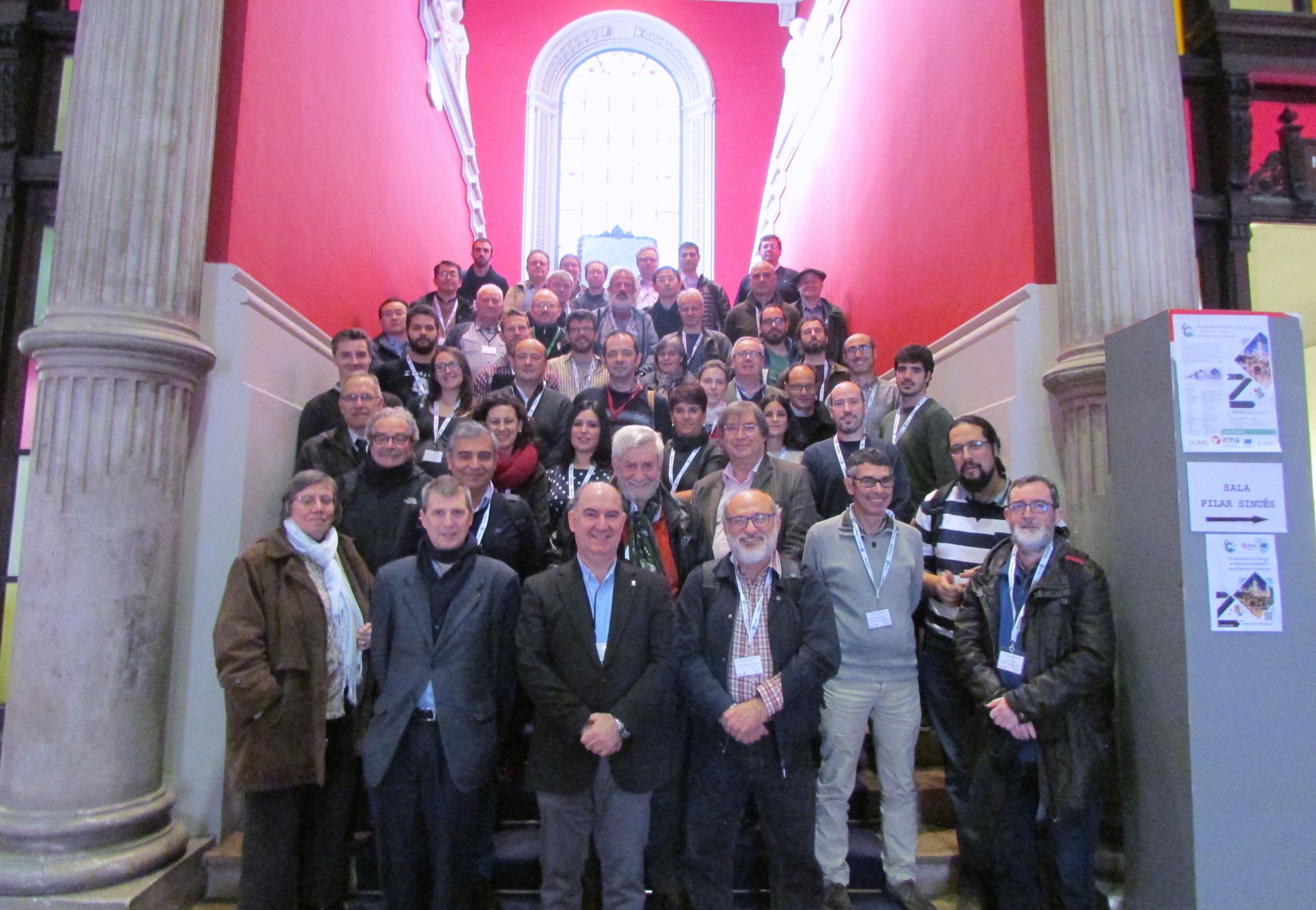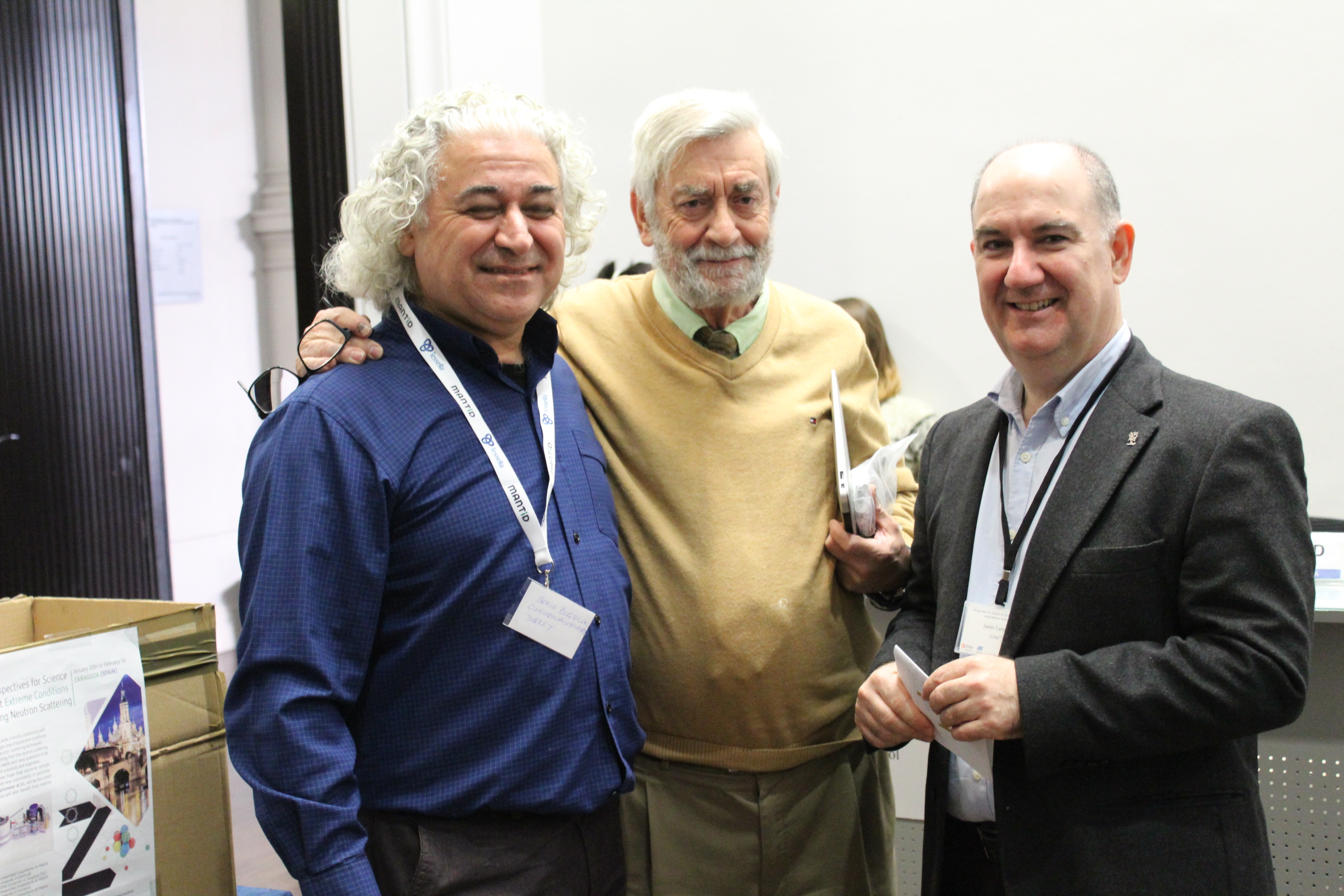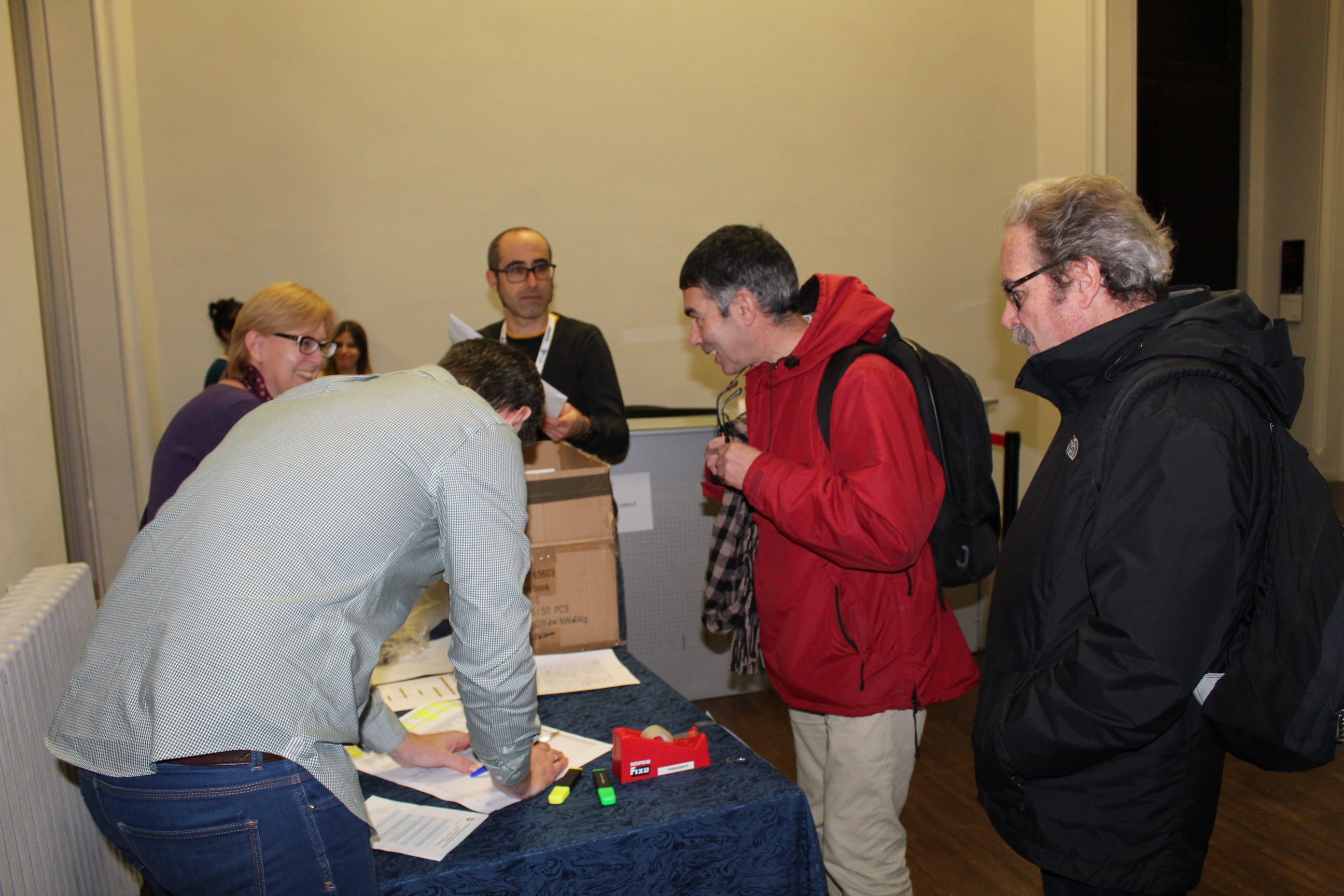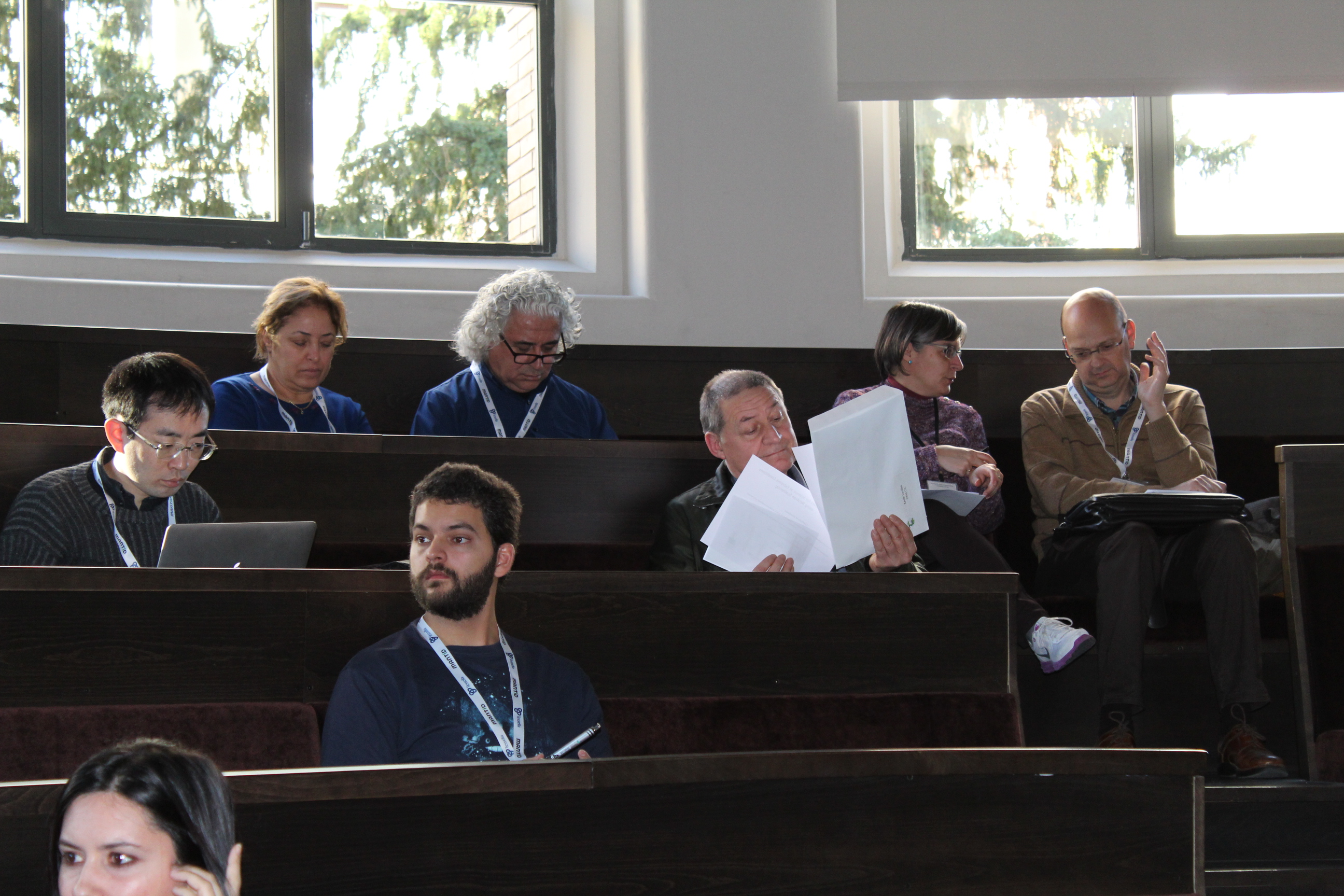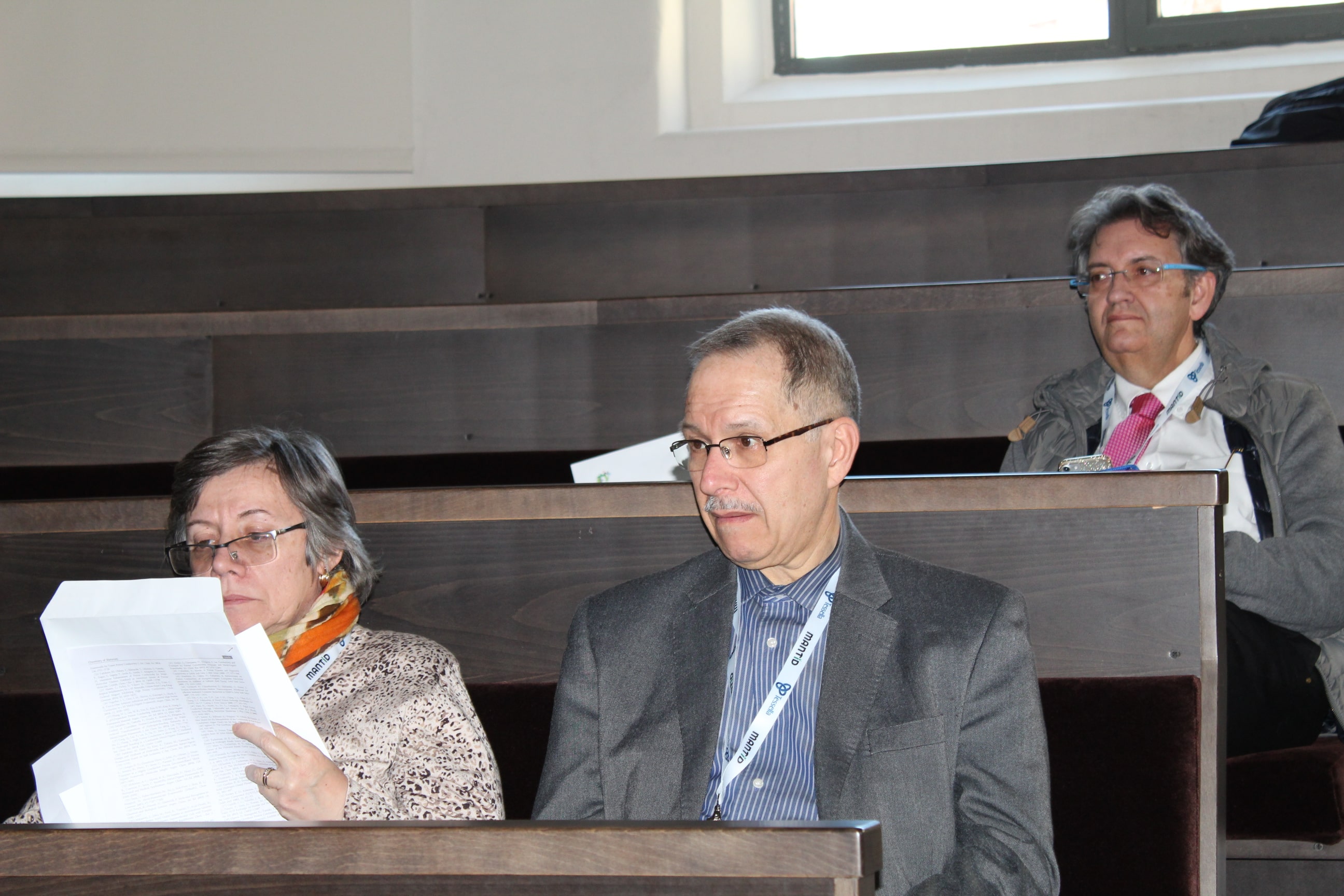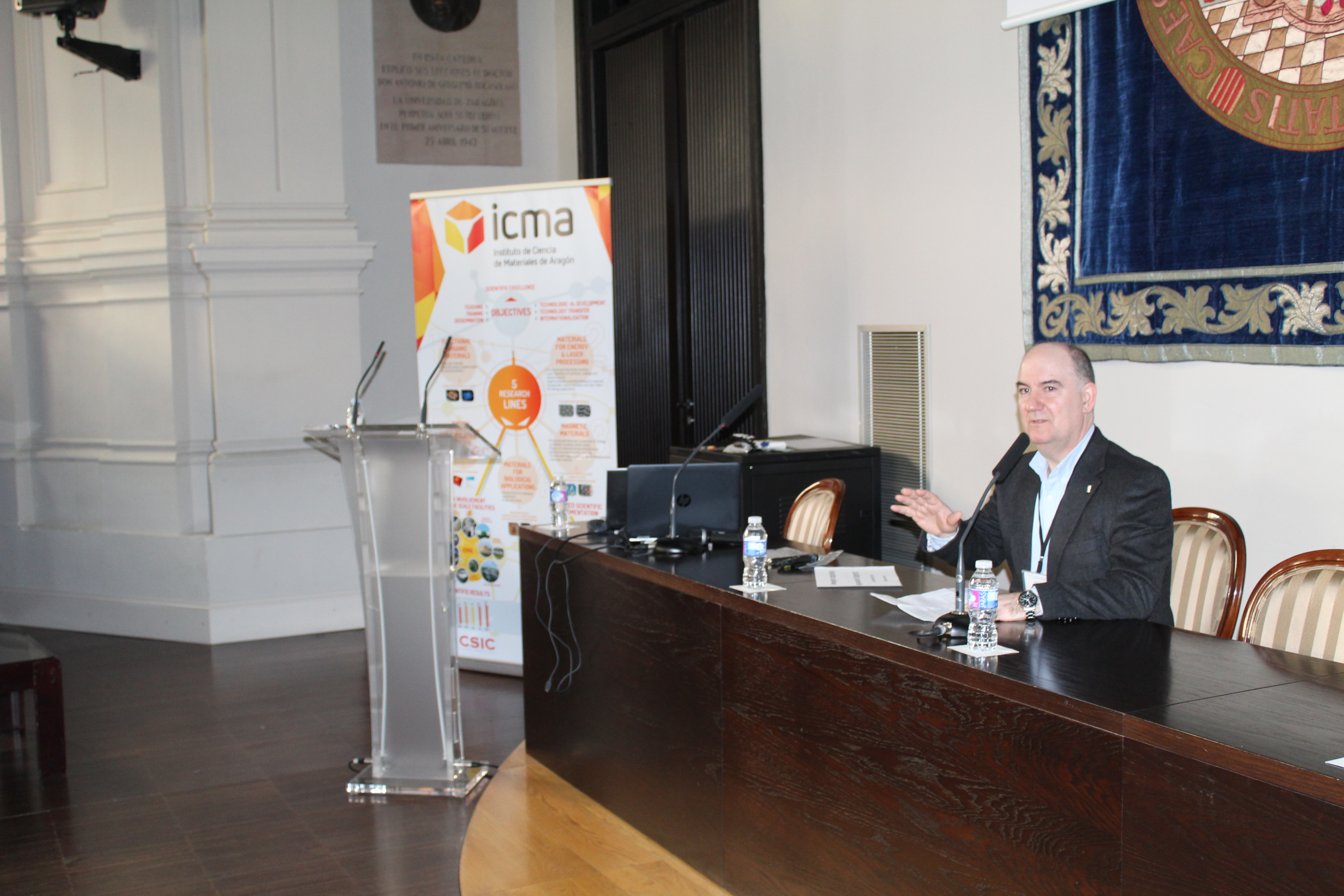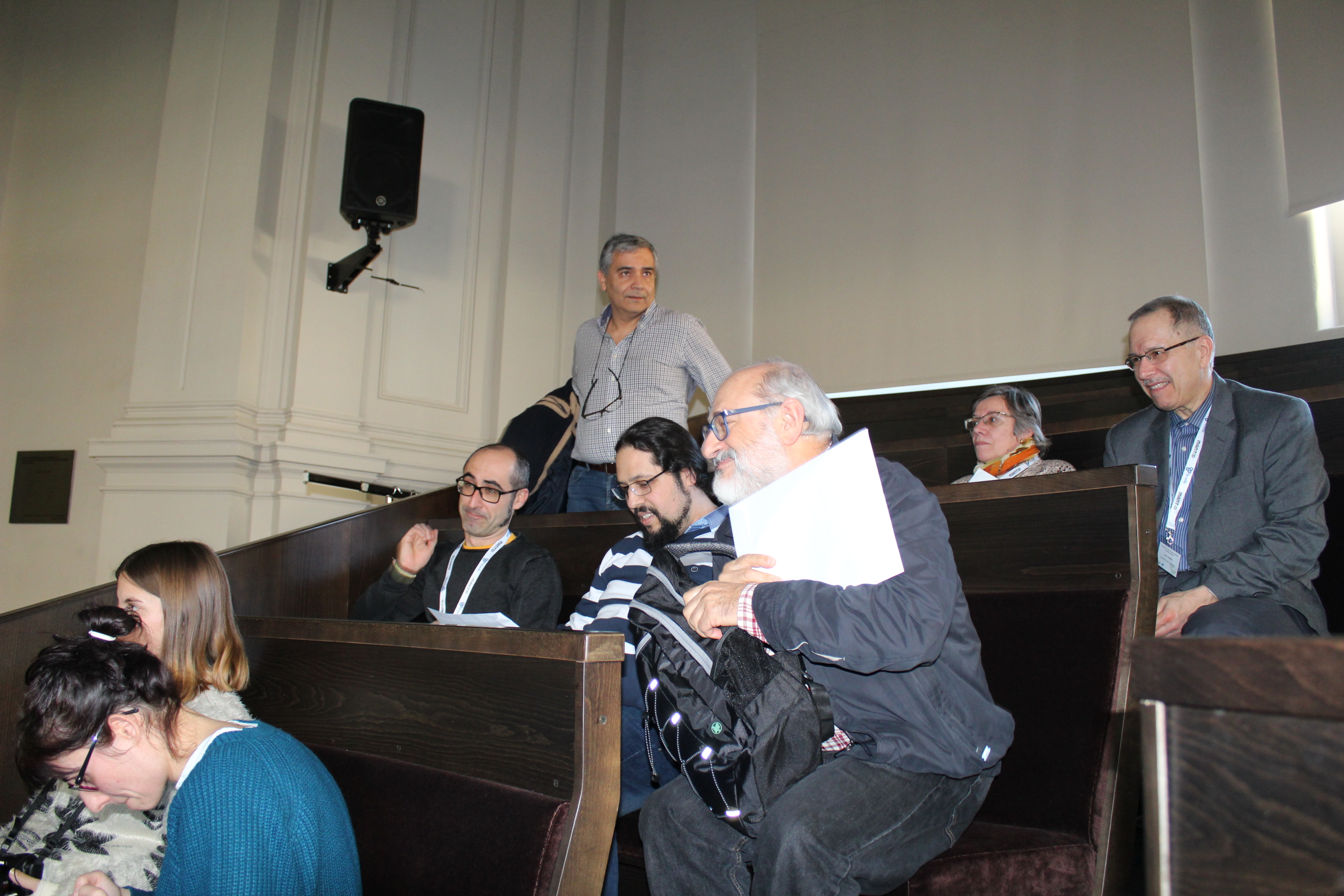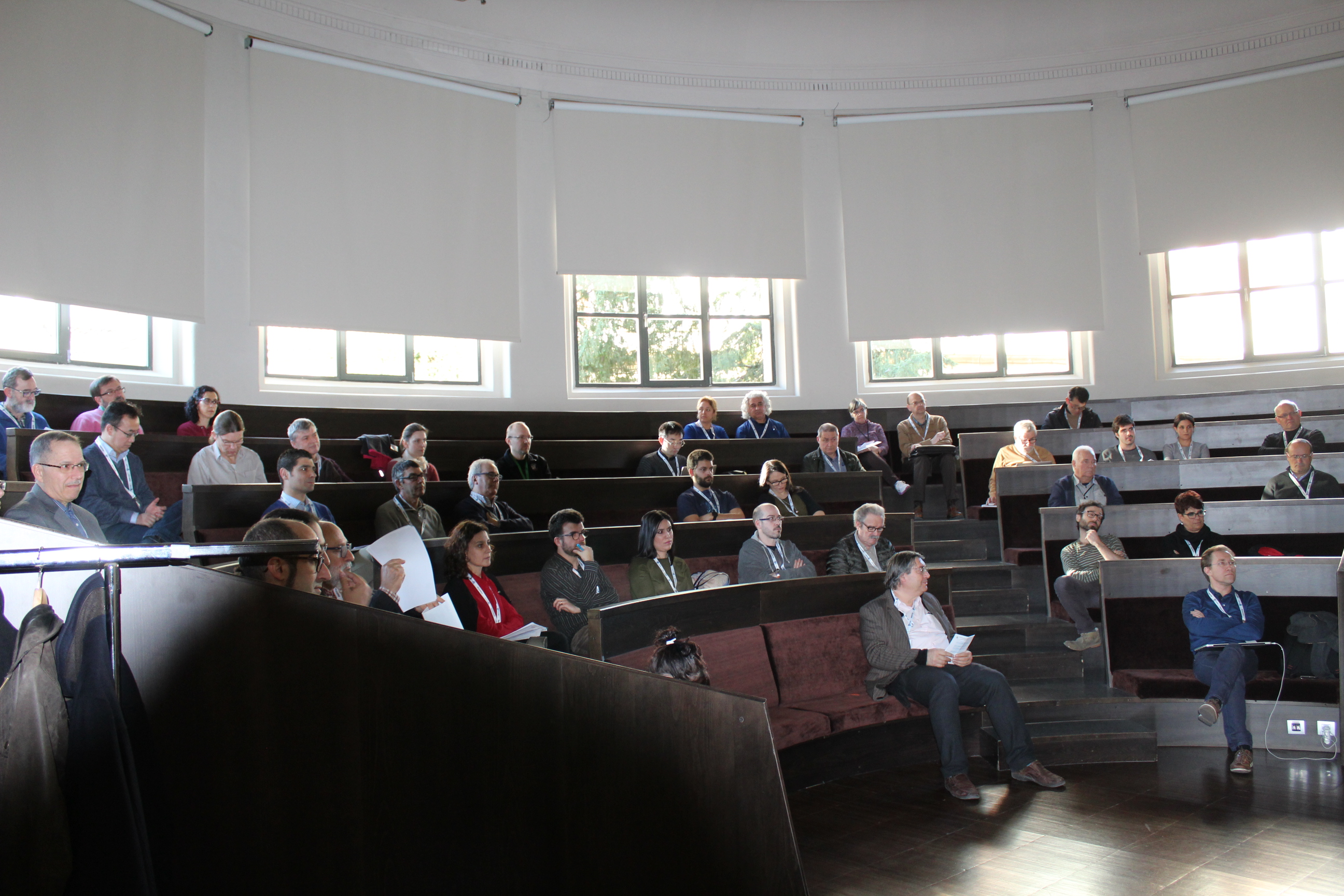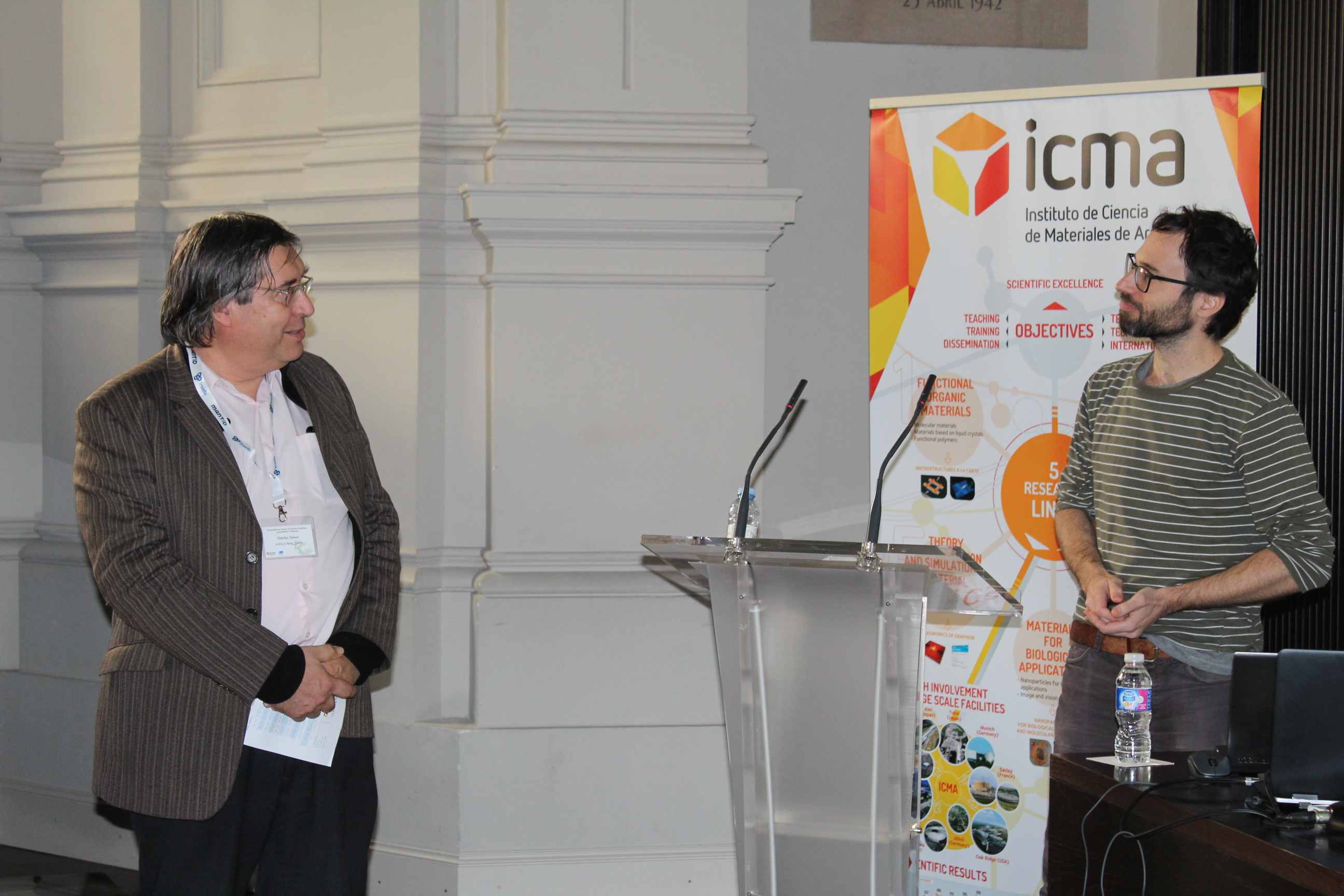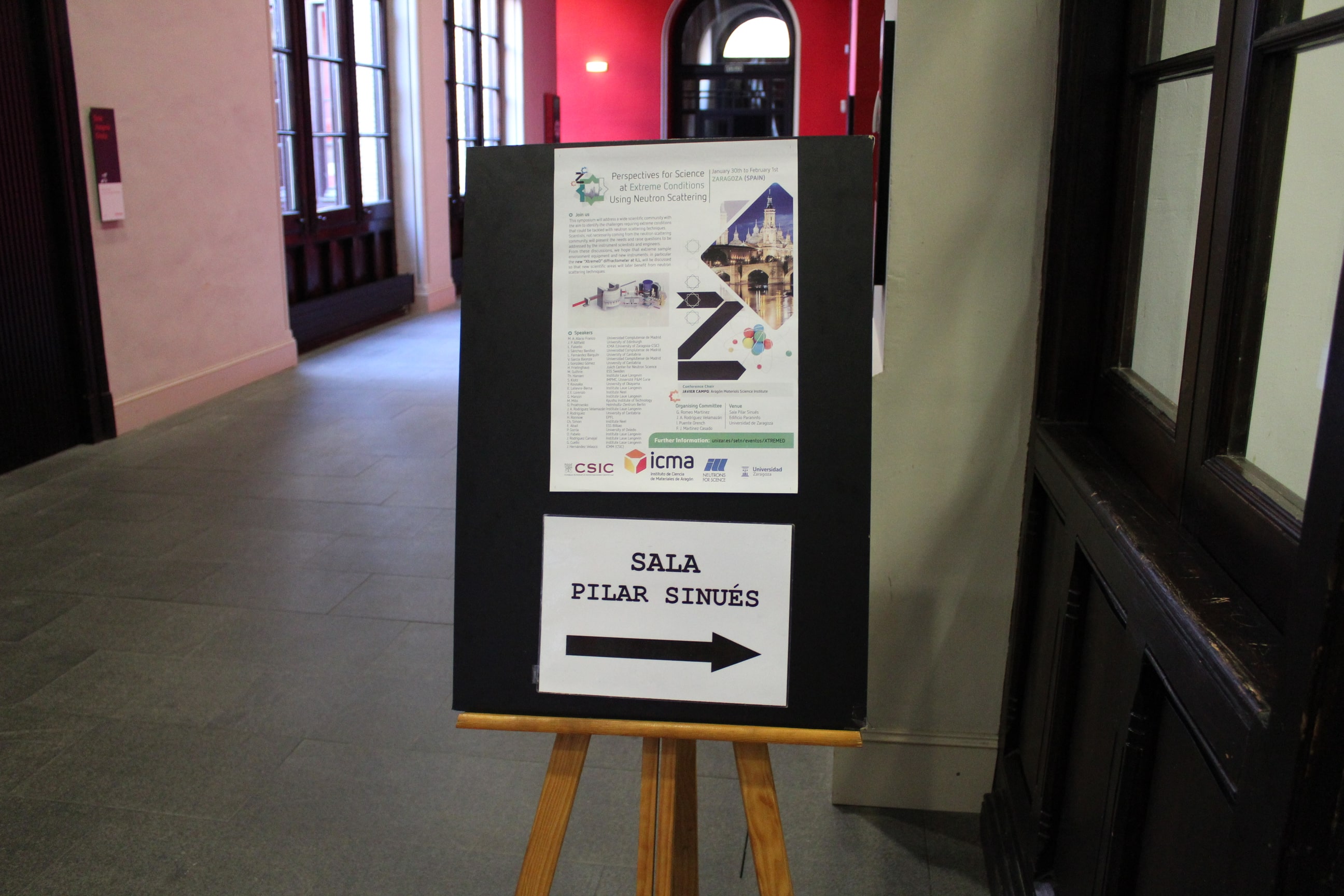
Perspectives for science at extreme conditions using neutron scattering
Zaragoza, January 31, 2018. The M4 group has organized an international symposium to present, to more than 60 scientists from around the world, the new XtremeD neutron diffractometer.
It is a very powerful neutron scattering instrument whose construction is being technically and scientifically coordinated by M4 at the facilities of the Laue-Langevin Institute (ILL) in Grenoble, France, and which will be operational by the end of 2020.
The Paraninfo of the University of Zaragoza is hosting this symposium that will last until Thursday, February 1, and in which scientists from France, Japan, Germany, Russia, Great Britain or Sweden, among others, meet to learn about these techniques used in XtremeD-like devices.
For Javier Campo, coordinator of the project, “this is a key meeting to put scientists who use these neutron scattering techniques in contact with others who have the need to use them in their experiments. and that they will be able to do so in the future XtremeD instrument, which will also be operated by ICMA in Grenoble for the entire Spanish scientific community ”. In addition, Campo highlights the support given from the SEIDI (Secretary of State for Research, Development and Innovation) to the project. The key point is to do science under conditions of high pressure and high intensity magnetic fields, which are the circumstances simulated by XtremeD, a device of great scientific and real value (more than 5 million euros, of which 3 are managed by the M4) .
The meeting will also host a meeting of the Steering Committee of the XtremeD project, attended by those responsible for the ILL in Grenoble.
M4’s objective is that most of the equipment and component manufacturing can be done in Spain and this will be the case, since 80% of the diffractometer will be built by Spanish companies once the prototyping phase is over.
The new neutron diffractometer will allow undertaking wide-ranging investigations on, for example, planetary ice and its influence on climate change; the implications of the water cycle on the earth’s crust and mantle; molecular chemistry applications in pharmacy, agriculture or medicine; green chemistry (no contaminants); materials for energy or magnetic materials.
Neutron beams have unique capabilities to study the behavior of matter under extreme conditions, as evidenced by new instrumentation projects that are being developed in different parts of the world. Knowing the response of matter under high pressure, a field in which Spanish scientists have extensive experience, is essential to understand the properties of solids. Combining these conditions with magnetic fields and other parameters such as high or low temperatures opens up new avenues for studying the properties of condensed matter and is something that can only be done in two facilities in the United States and Japan, to which will be added that of Grenoble when operating thanks to the work of ICMA in collaboration with ILL technicians

